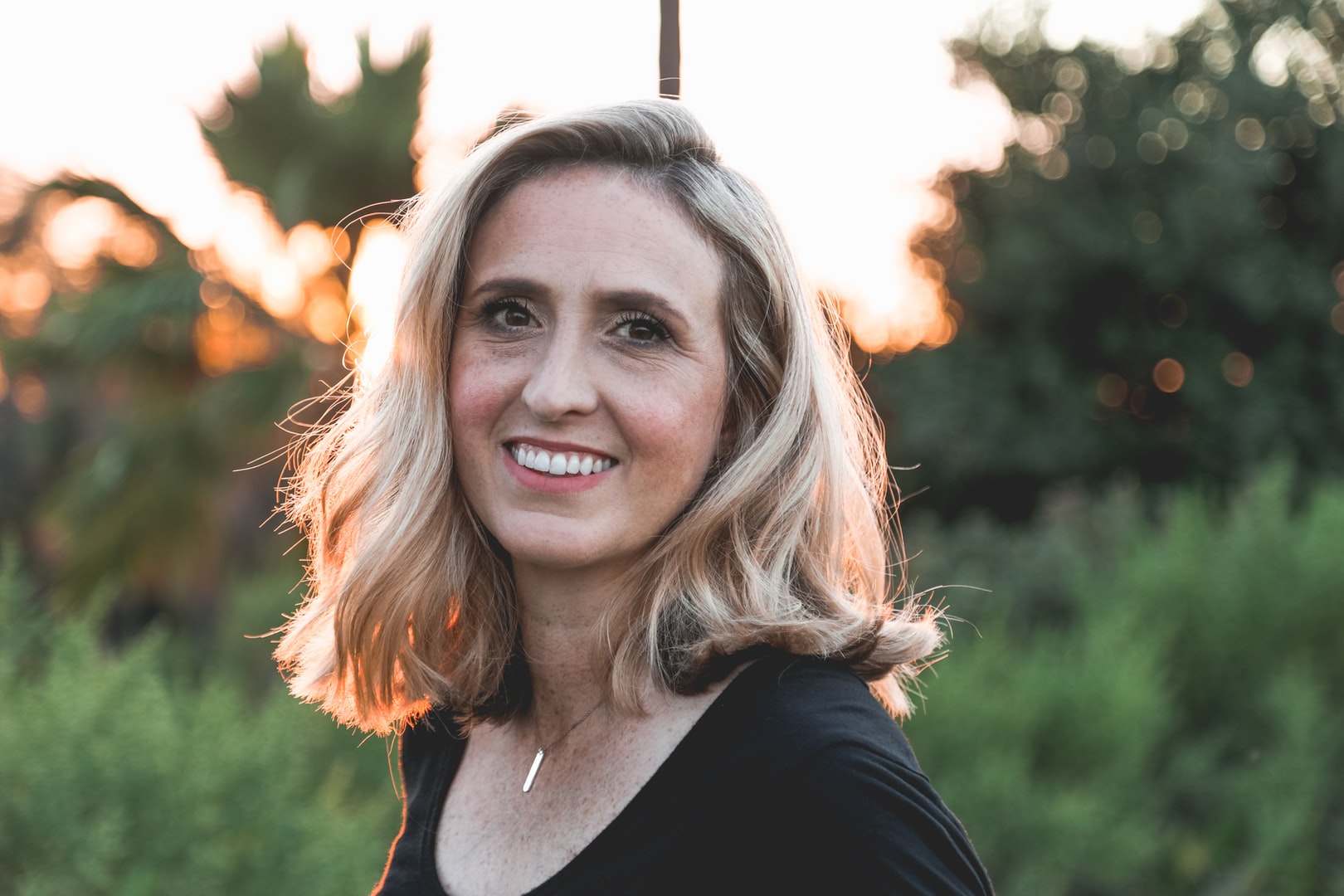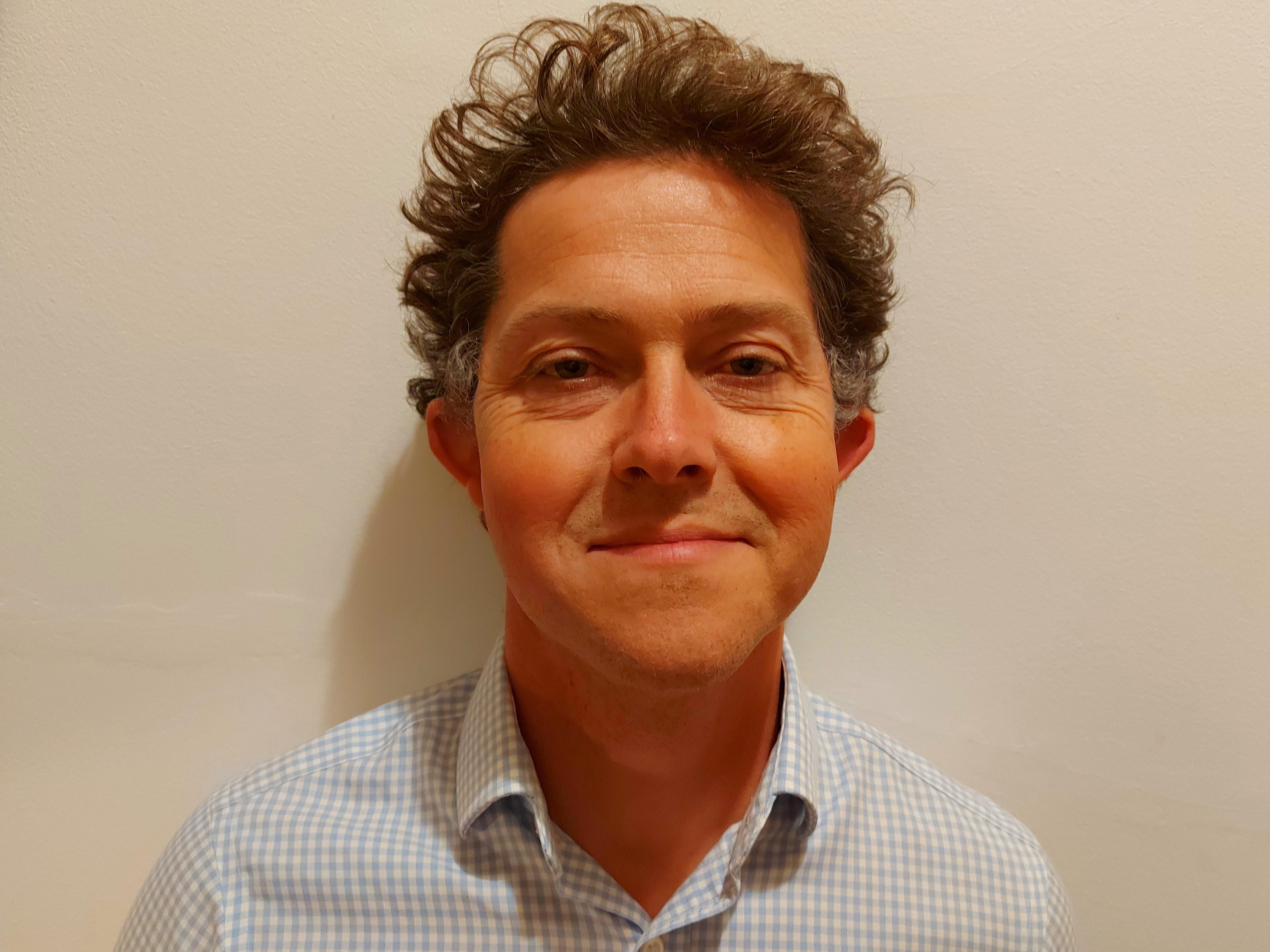Zero nerve injury and Zero PoSH are the glass ceiling of thyroid surgery. We are using surgical innovation to reach it
Risks of Thyroid surgery
Advise from Consultant Surgeon Mr James Kirkby-Bott
Voice change can occur after any neck operation, not just from nerve injury in thyroid and parathyroid surgery
Surgical Hypoparathyroidism - Causing low calcium
Permanent damage is rare and affects about 1% of patients.
Advice on medication, how to take it and how to maintain calcium levels
Bleeding
Click here to see Mr Kirkby-Bott's outcomes reported on national database
Zero nerve injury,Zero persistent hypercalcaemia and Zero PoSH are the glass ceiling of parathyroid surgery. We are using surgical innovation to reach it
Risks of Parathyroid surgery
Advise from Consultant Surgeon Mr James Kirkby-Bott
Voice change can occur after any neck operation, not just from nerve injury in thyroid and parathyroid surgery
Voice Change from nerve damage.
Surgical Hypoparathyroidism - Causing low calcium
Permanent damage (PoSH) is rare and affects about 1.3% of patients entered into the national registry of parathyroid surgery outcomes. My practice shows a PoSH incidence of almost zero.
Advice on medication, how to take it and how to maintain calcium levels
Persistent Hypercalcaemia
Click here to see Mr Kirkby-Bott's outcomes reported on national database
Parathyroidectomy patient - 60 years old
Patient Feedback

Parathyroidectomy patient - 60 years old
I feel so much better now. I wish all patients with hyperparathyroidism could be diagnosed and operated on as quickly as my experience. It is a dreadful disease that impacts people's bodies and lives in so many negative and frightening ways.
I chose due to his knowledge of hyperparathyroidism and experience of performing parathyroidectomies.
I was pleased with the quick and thorough diagnosis and how smoothly all scans and tests were done. Mr Kirkby-Bott was caring and his secretary was efficient and pleasant. The operation was as I expected and the scar healed well and is fading nicely.
